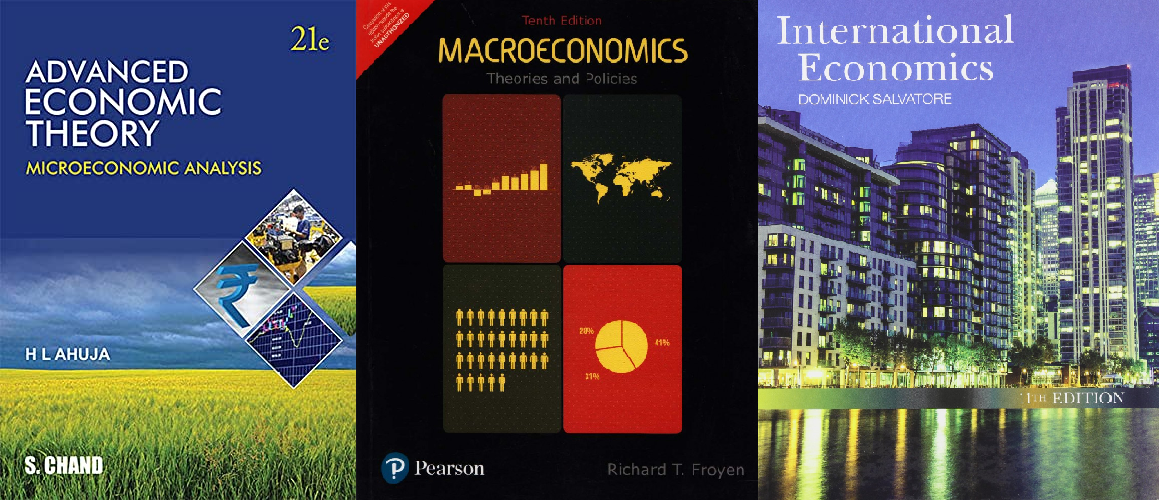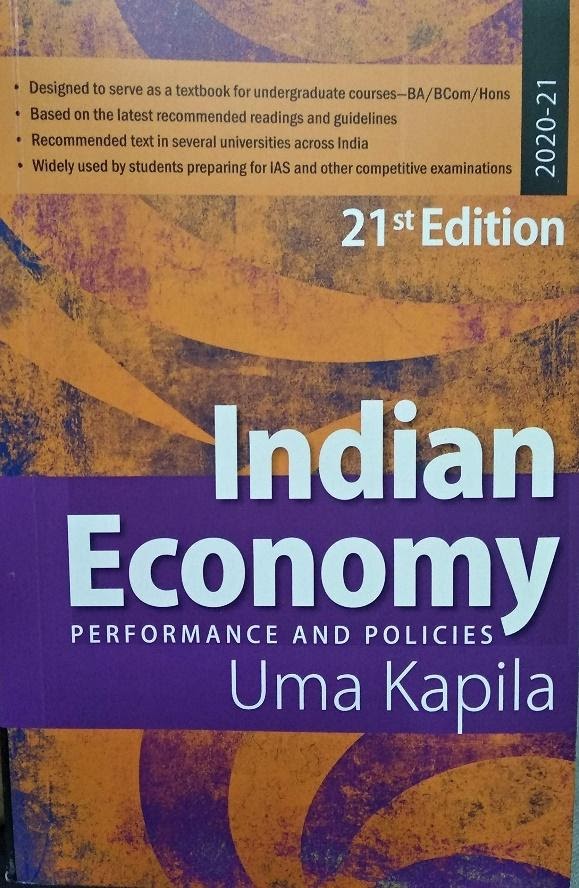(Success Story) UPSC 2020 TOPPER, Yash Jaluka's (Rank-4) Economics Optional Strategy
(Success Story) UPSC 2020 TOPPER, Yash Jaluka's (Rank-4) Economics Optional Strategy
Yash Jaluka, a native of Jharkhand, has secured the prestigious all India rank 4 in the 2020 UPSC Civil Services Examination. He is an alumnus of Delhi Public School and has an economics master's degree in Economics from Delhi School of Economics. This was Yash's very first attempt at the Civil Services Examination. His optional was Economics.
Why Choose Economics Optional?
Although the reason Yash chose economics is his background in the subject, but he assures aspirants that one need not be a student of economics to take advantage of this optional. Economics is a very structured and logical subject. It is objectively easier to score in compared to most other humanities subjects and Yash highly recommends this optional.
Economics Optional Strategy by AIR-4 Yash Jaluka
Knowing The Scope of the Subject
Like all others, Economics optional is also divided into two papers. Paper 1 is theoretical and covers topics such as microeconomics, macroeconomics, international economics, environmental economics, developmental economics, public economics, etc.
Paper 2 deals completely with the Indian Economy and its sectors.
Economics Optional Paper 1
Yash recommends the following sources –
- Advanced Economics Theory (Microeconomic Analysis) by HL Ahuja (Main source)
- Microeconomic Theory by Nicholson and Snyder (specifically for numerical)
- Macroeconomics Theories and Policies by Froyen (Main source)
- Macroeconomic (Theory and Policies) by HL Ahuja (Supplementary read)
- International Economics by Dominick Salvatore (Needs multiple reads)

- International Economics (Theory and Policy) by Paul Krugman (For speculative attack model only)
- The Economics Of Development And Planning by Jhingan (Main source)
- Intermediate Environmental Economics by Kolstad (Main source)
- Blog by IAS (2018 batch) Kumar Anubhav for Environmental Economics (Supplementary)
- Public Finance in Theory and Practice by Musgrave and Musgrave (Main source) – read selective chapters as mentioned in Abhimanyu Gehlot's Blog
- UPSC Previous Year's Question Papers
- Current Affairs

Always try to link all theories and models to current affairs. This not only emboldens your preparation but also helps you keep interested. Some parts of International Economics are more important for Paper 2 and should be dealt with that way.
Yash did not take any practice test series for Paper 1. Instead, he solved past year papers and recommended that aspirants do the same. Past year's papers get repeated often. Another aspect of this paper is including diagrams and assumptions specific to each model. Those are the most important parts.
Economics Optional Paper 2
Paper 2 is completely about Indian economics. The only book Yash recommends is Indian Economy (Performance and Policies) by Uma Kapila. This book forms the crux of your preparation which is then followed by supplementing papers from the EPW website. Yash also recommends reading blogs by economics professors on the Ideas For India website. For pre-independence economic history, Yash read The Economic History of India (1857-2010) by Tirthankar Roy. Yash highly recommends using the internet to look up papers related to growth and agriculture like those by Prof. Ashok Gulati, Prof. Amrish Chand, Prof. Bharat Ramaswamy, etc. Check out sites by WTO, etc.
This is a research-intensive paper as data is needed to substantiate your answers. Gather data from Niti Aayog, Budget, Economic Survey, etc. And keep Economists and their arguments as talking points in all answers. With a little effort, you too can top this exam.
Best of Luck.
© IASEXAMPORTAL
CLICK HERE TO DOWNLOAD UPSC TOPPERS NOTES



